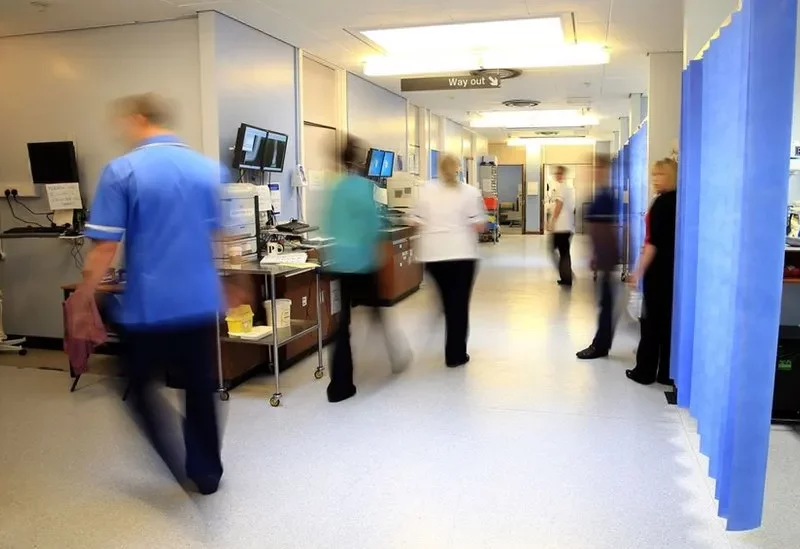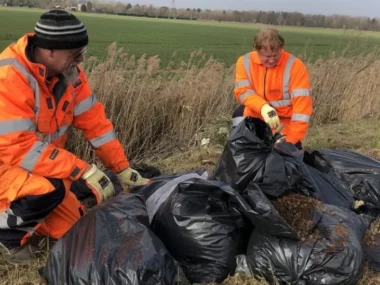Artificial intelligence software will be employed to forecast whether a patient is at risk, aiming to prevent the necessity for a hospital visit.
The “Brave AI” system is set to be implemented in 30 doctors’ practices across the southwestern region. This system utilizes an algorithm to identify trends in patients’ records, enabling it to evaluate the likelihood of unexpected emergency calls.
Support services can then step in to provide preventative care, reducing the necessity for hospitalization. This expansion will encompass GP practices in Gloucestershire, Wiltshire, Somerset, North Somerset, Dorset, Devon, and Cornwall.
Under the new contract, nurses, pharmacists, therapists, and doctors can deliver personalized support, including remote health monitoring and the provision of health condition reporting apps where necessary.
The rollout comes after a successful “Brave AI” pilot program, where NHS Somerset collaborated with the North Sedgemoor Primary Care Network (PCN) to analyze data from over 500 care home residents. The results indicated a 35% decrease in resident falls, a 60% reduction in emergency department visits, and an 8.7% decline in ambulance call-outs.
“Essential Instrument”
Dr. Vin Diwakar, NHS director for transformation, emphasized the significance of these initiatives, stating, “These measures not only prevent hospitalizations for some of the most vulnerable patients but also facilitate discussions with patients who may not typically reach out to their GP. This enables the detection of unnoticed health conditions and enhances our capacity for early intervention.”
“Given the recent data illustrating significant strain on hospitals as we enter December, it is now imperative that we maximize the utilization of such tools to reduce admissions wherever possible.”
If the current implementation proves effective, this technology will eventually be extended to all GP practices throughout the southwestern region.











